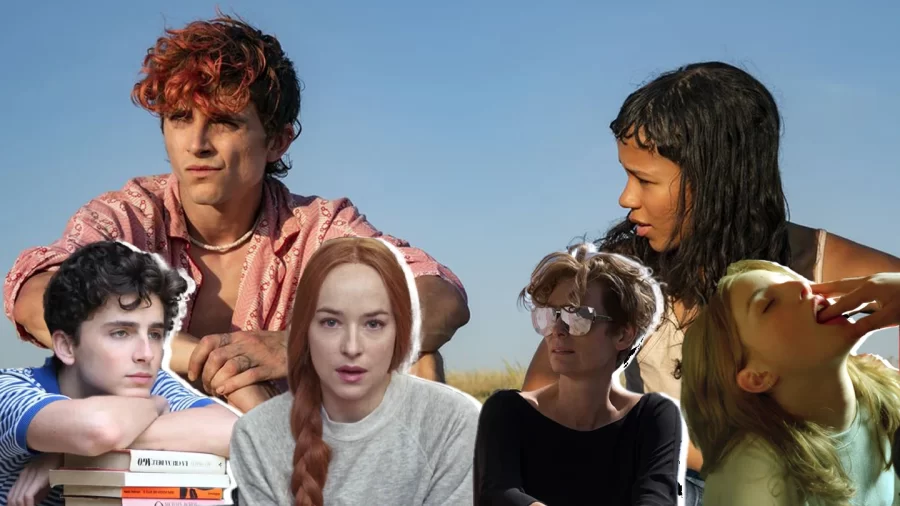Home grown hatred and other reasons to hate the internet.
Recently hated celebrities, nepo babies, and other novelties.
January 12, 2023
In the cesspool of Twitter dot com, users have constantly debated, argued, and downright harassed one another over their opinions. They also seem to love a good cancellation, as people choose a person to pick apart until they find a fault they can splash across the tabloid-Esque trending pages. The internet’s anonymity allows its users to be cruel with little to no consequences for themselves, and it seems to cultivate a toxic environment. Already, users that detest this pattern are picking up on its predictability. A new it-girl is named before the tide turns; she is no longer enough for them.
Sydney Sweeney may be the most obvious of these, along with Zoe Kravitz and Margot Robbie. Sweeney went from the girl crush of the month during the latest season of HBO Original Euphoria to social media’s pariah. Sweeney made the dreadful mistake of… being the daughter of conservatives. An action that she had no real power over, and yet it was the cause of thousands of hate tweets and angry fan accounts ripping her to shreds. This seems consistent, as fans will put their latest fascination on a pedestal before knocking her down. Like gladiators in ancient Rome, the internet loves to watch someone be torn apart and hated. The human condition is to enjoy the humiliation and destruction of others.
The sheer venom associated with cancel culture begs whether this hatred is warranted and if the actions justify the behavior it generates. In most cases, this is somewhat subjective, but the now-infamous pseudo-love-triangle situation regarding Olivia Rodrigo, Sabrina Carpenter, and Joshua Bassett is unclear. Rodrigo’s album Sour caused the internet to take sides: team Olivia or Sabrina? However, now that time has passed and Carpenter released her album, listeners swayed to side with Sabrina. Both camps ignore the obvious; neither cares about this situation anymore.
It-girls were once considered the height of talent, having the it-factor, but now longevity seems like a myth. These stars last a few months, or they manage to stick around long enough to be public enemy number one. Is it unethical to hate to this degree? Or is it simply human nature to want to tear others apart? Humanity has done it since the dawn of time, from gladiators and court jesters. We want someone to make fun of, to humiliate for our amusement. While the 2010s were plagued by parasocial attachments to celebrities, the 2020s seem to be a time of hostility. We claim that our intentions are accountability while not holding ourselves accountable. It all traces back to anonymity. How can we address our hatred when no one knows if it is ours?
Something about the internet is unnatural and extreme. Not just because of its ability to keep users unidentified but also the way it pits individuals against each other. A grown man from Iowa can meet a teenage girl from California. A boy can meet a girl who lives on the other side of the world. People who were never meant to meet are placed nearby through similar interests or an algorithm. While this reaps positive benefits, as we are more connected than ever, it now means our worldview is challenged by those who do not know or understand us.


